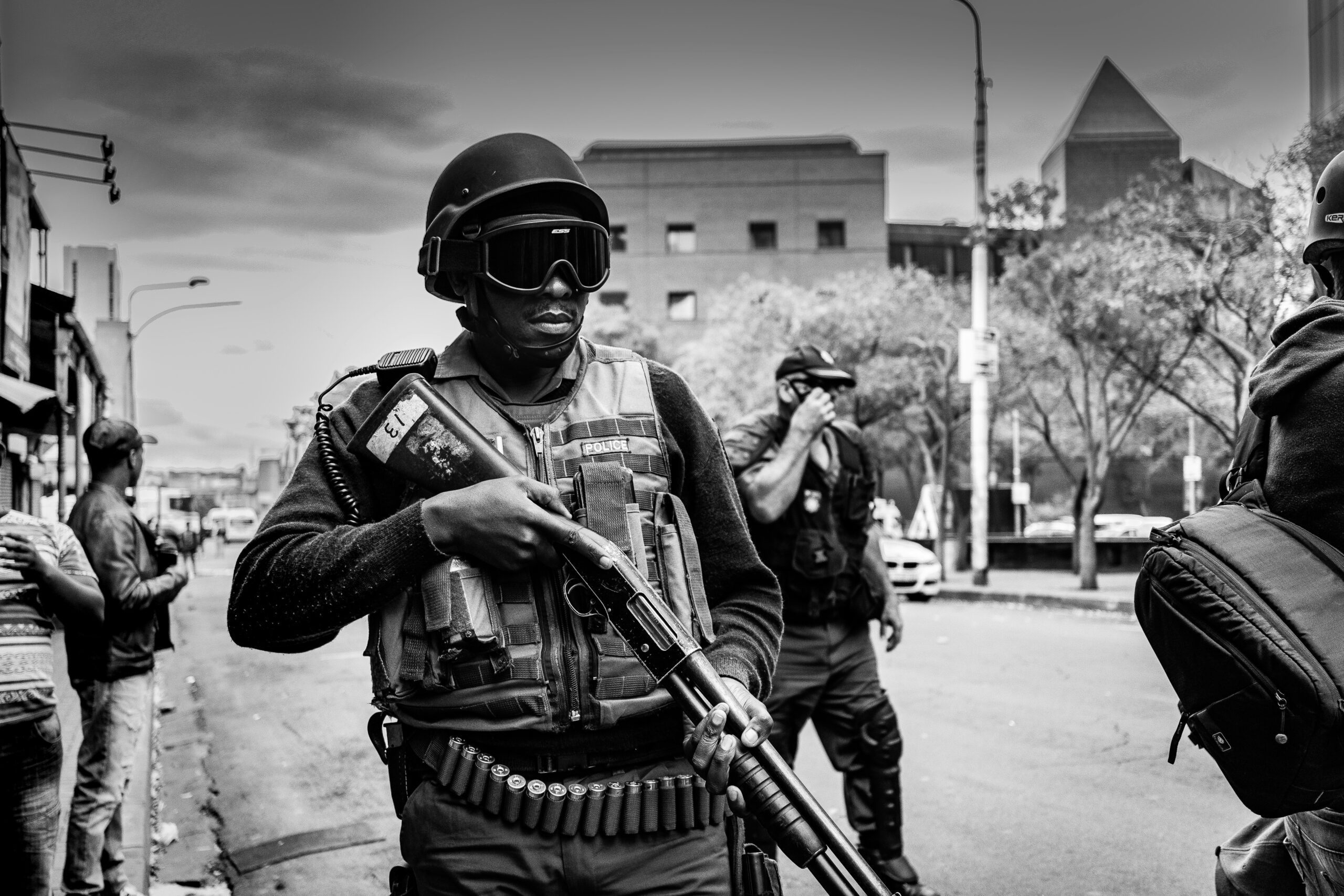Niger has joined the list of West African countries that upended constitutional rule. On 26th July 2023, following the path of Guinea, Burkina Faso, and Mali, the Nigerien military took over the government.
Experts say these coups have grave implications for West Africa’s political stability, economic certainty, and social cohesion. For example, sanctions placed by the Economic Community of West African States (ECOWAS) have affected Niger and its trading partners. Also, Burkina Faso has lost about forty percent of its territories to non-state armed groups due to the lack of a cohesive central government.
To curb the issue of political instability, economic uncertainty, and social unrest in the region, the military government must transition to democratic rule. An effective transition to democracy requires the transitional government to seek citizens’ views, restore the constitution, and adopt consensual democracy.
Like in the other West African countries, the Nigerien people widely celebrated the coup. Besides the widespread support for the coups in these countries, an underlying anti-imperialist sentiment features in the public domain. General anti-French sentiments cut across these countries. While these coups might superficially gain public support, they are symptomatic of deep-rooted issues. These issues are primarily the absence of robust institutions and civil society organizations, which are essential for guiding nations toward the tenets of the rule of law, equality, and freedom.
Historically, the aftermath of coups rarely resolves the systemic issues that led to their occurrence. Coups risk perpetuating a cycle of militarized governance and authoritarian rule. Therefore, although the sentiments of the people in Guinea, Niger, Mali, and Burkina Faso are legitimate, coups are not the remedy. However, the upheaval caused by the coups can catalyze a profound reconsideration and recalibration of democratic institutions.
Often, during the decision to return to constitutional ruling, there is a tendency for transitional governments to mute the voices of the citizens. Seeking the citizens’ voice is paramount to getting it right this time. The people must decide the sort of democratic values that they wish to live under.
This process requires a bottom-up approach where issues tabled in town hall meetings are debated and decided by the people. In soliciting inputs from ordinary citizens, diverse perspectives are sought. Referendums and citizens’ assemblies are practical ways for ordinary citizens to have direct and meaningful input into policymaking.
Another crucial aspect is having a constitutional restoration. Providing a constitution is important in building a democracy. Revisiting the displaced constitution is paramount. The transition governments must create a constitutional board comprising local scholars and civil society organizations.
The board’s mandate should be to review the disposed constitution and concisely note the problem areas for discussion at the board and town hall levels. They should aim at crafting and refining a constitution that champions the separation of powers. A proper separation of powers diminishes the excessive influence often concentrated within the executive branch.
There is also the need to review the democratic model run at the national level. So far, the model of democracy adopted in most of Africa is the majoritarian model. The model details that any party that wins by a majority is mandated to rule. At face value, this may seem uncontroversial, but the violence witnessed on the continent over this idea of democracy is alarming. Due to the number of identities in a given African country on ethnic and religious lines, the majoritarian model of democracy makes people feel disenfranchised, particularly if they are a minority.
Therefore, the best approach would be for the transitional government to adopt principles of consensual democracy like the Switzerland model. Consensual democracy takes people’s concerns seriously. The principle is that at local levels, people deliberate and come to a consensus. Here, it is not a matter of majority, rather it is a matter of building coalitions. A simple majority does not work here. Instead, a strong coalition across the political aisle is mandatory. Consensual democracy is practical because this approach fosters unity and collaboration while accounting for the various ethnic, religious, and regional diversities.
The coups in West Africa, although having populist sentimentalities, are, in the long run, antithetical to the tenets of the rule of law, equality, and freedom. Constitutional rule is the best way to capture these ideals. It is, therefore, imperative that for democracy to flourish in these countries, their transitional governments pay heed to the voices of the citizens. Constitutions should be restored. Taking these steps will enhance the region’s freedom, peace, security, and economic prosperity.
Gideon Adjei-Mawutor is a writing fellow at African Liberty. He is on X (Twitter) @Giddijei.
Photo by Pawel Janiak via Unsplash.

